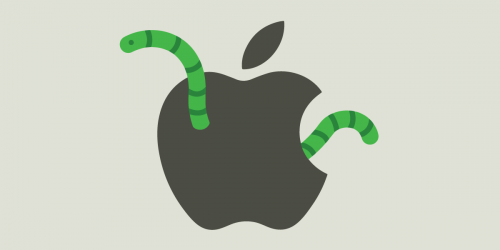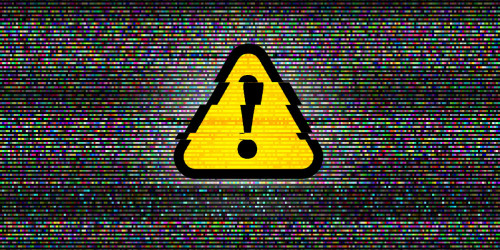EFF Weighs in On Behalf of Innovators in Remote Computing
San Francisco - The Electronic Frontier Foundation (EFF) and a coalition of public interest groups, trade associations, and businesses urged a federal appeals court Friday to overturn a damaging lower court ruling that puts companies that provide remote computing technologies at risk of copyright infringement liability.
The case involves a remote "digital video recorder" (DVR) developed by Cablevision -- the fifth largest cable television provider in the U.S. -- that allows customers to record programs provided through their Cablevision subscription for later viewing, much like many other DVR offerings. However, instead of storing the recorded programs using a DVR at home, Cablevision's remote DVR stores the recorded programs on equipment located on Cablevision's premises. Twentieth Century Fox, the Cartoon Network, and other television networks filed suit, and a district court in New York ruled against Cablevision, reasoning that Cablevision, not its customers, was making the copies. That ruling has now been appealed by Cablevision.
"The Supreme Court has already ruled that consumers have a fair use right to time-shift TV shows," said Fred von Lohmann, EFF Senior Intellectual Property Attorney. "It should not make a difference whether the copies are stored inside their set-top boxes or back at Cablevision headquarters."
In an amicus brief filed the with 2nd U.S. Circuit Court of Appeals Friday, EFF and the coalition argued not only that the lower court ruling is at odds with copyright law, but also that it poses a threat to innovation in remote computing services more generally. Consumers often have remote access to digital services that provide better performance more conveniently than devices they could buy for their home, but this decision opens the door to more lawsuits that could shut these services down.
"Both consumers and the enterprise are increasingly enjoying the benefits of remote computing capabilities, relying on services like Amazon's EC2, Google Apps, and Apple's .Mac, for processing power, applications, and data hosting," said von Lohmann. "It can't be the case that these companies are automatically liable for every copyright infringement committed by every user, whether they know about it or not."
For the full amicus brief filed in the case:
http://eff.org/legal/cases/studios_v_cablevision/CDF_et_al_amicus.pdf
For more on protecting technology innovations:
http://www.eff.org/innovate
Contact:
Fred von Lohmann
Senior Intellectual Property Attorney
Electronic Frontier Foundation
fred@eff.org








